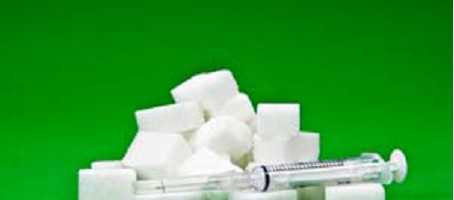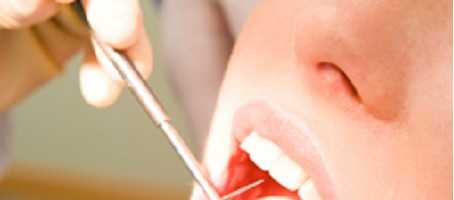Action on Sugar, a UK campaign group, has criticised the new recommended levels of daily sugar consumption issued by the World Health Organisation (WHO).
The WHO published their new sugar guidelines on March 4, recommending that no more than 10 per cent of a person’s daily energy should be from free sugars. This equates to around 12 teaspoons of sugar a day.
Free sugars are defined as those added to processed food and fizzy drinks, but not found in fresh fruit or vegetables. In January, added sweeteners were revealed to be a main cause of soaring type 2 diabetes rates.
Actor on Sugar had called for a lower limit than 10 per cent and were left “disappointed” after the WHO reported only issued a conditional recommendation that the limit should be reduced to five per cent due to a lack of strong scientific evidence.
“These recommendations are all well and good, but until manufacturers stop hiding sugar in our food in such vast quantities, how can we be expected to lower our intake?” said Katharine Jenner, Campaign Director of Action on Sugar.
The WHO responded, with Dr Francesco Brancan, Director of WHO’s Department of Nutrition for Health and Development, stating: “We have solid evidence that keeping intake of free sugars to less than 10% of total energy intake reduces the risk of overweight, obesity and tooth decay.”
Nita Forouhi, a public health physician at the University of Cambridge, backed the new WHO guidelines and said they sent “a clear message that less is better” in regard to sugar consumption.
Action on Sugar recently campaigned for energy drinks to be banned for people under 16, arguing that this is increasing the risk of obesity and type 2 diabetes.
What's new on the forum? ⭐️
Get our free newsletters
Stay up to date with the latest news, research and breakthroughs.





